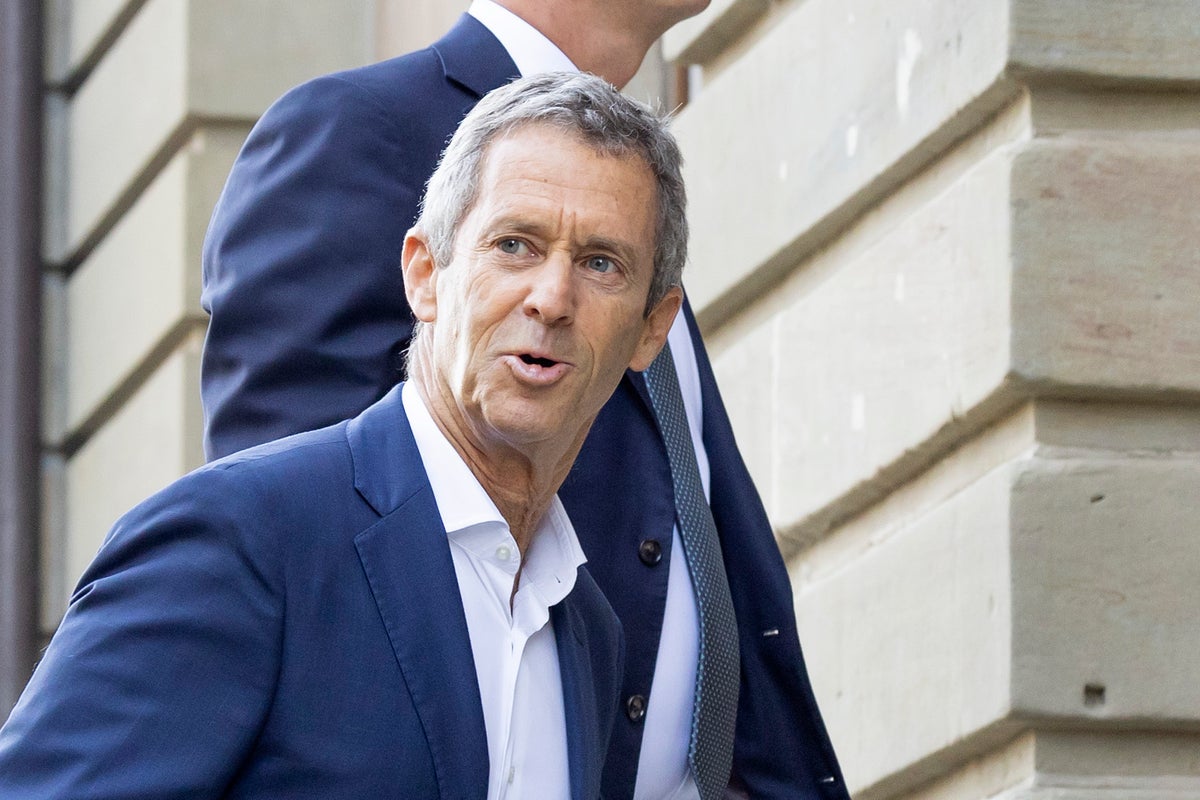
A Geneva appeals court on Tuesday upheld the conviction of Israeli diamond magnate Beny Steinmetz for corrupting foreign officials, in connection with lucrative mining rights in the West African country of Guinea.
The court, issuing its ruling after a trial last summer, upheld the convictions of Steinmetz and two other defendants for bribing foreign public officials over promises made to then-President Lansana Conte through payments to his wife, Mamadie Toure, that came to be worth about $8.5 million. The court also upheld a $50 million fine against the Israeli tycoon, but it threw out a conviction for forgery and reduced his sentence from five years to three, half of it suspended.
Steinmetz, in a statement via a spokesperson, vowed to appeal the “unfair and politically motivated decision" to the Swiss federal court.
“Beny Steinmetz considers that the Geneva justice system turned a blind eye to procedural flaws, stretched the rules of jurisdiction, compensated for the lack of evidence, and misused the penal code to save a conviction that it did not dare to dismiss,” it said, adding that Steinmetz and his legal team “continue to consider that Geneva has no legitimacy to judge him.”
The case involved an alleged plot, dating to the mid-2000s, in which Steinmetz’s BSGR Group squeezed out a rival for mining rights for vast iron ore deposits in Guinea’s southeastern Simandou region. The case exposed the shady, complex world of deal-making and the cutthroat competition in the lucrative mining business.
The prosecutor’s office argued that from 2005 onward, Steinmetz crafted a pact of corruption with Conte, who ruled the West African country from 1984 until his death in 2008, and Toure.
Steinmetz's legal team had argued that state prosecutors had deliberately excluded defense teams from any pretrial questioning of Toure in the United States, where she lives. She has reached an agreement with U.S. authorities in the case.
In its court filing, the prosecutor’s office said BSGR won exploration and exploitation licenses in Guinea between 2006 and 2010 in Guinea’s Simandou region, while its competitor — Anglo-Australian mining group Rio Tinto — was stripped of its mining rights on two sites in the region.
Steinmetz’s team said mountains in the area hold some of the world’s largest untapped deposits of iron ore, and the standoff stifled any hopes to reap them — and offer a potential windfall for an impoverished country. They say BSGR was first to study the feasibility of mining iron ore in the area.
The appeals court said the award of the mining rights allowed Steinmetz's company to strike a $2.5 billion joint venture with a Brazilian firm, of which 500 million were “immediately cashed in” — while his company had invested $160 million to develop the project.







